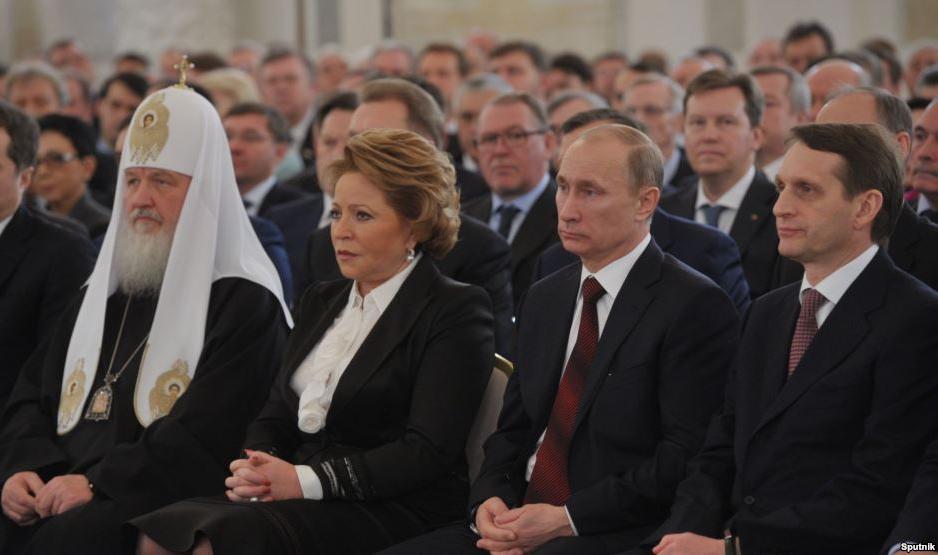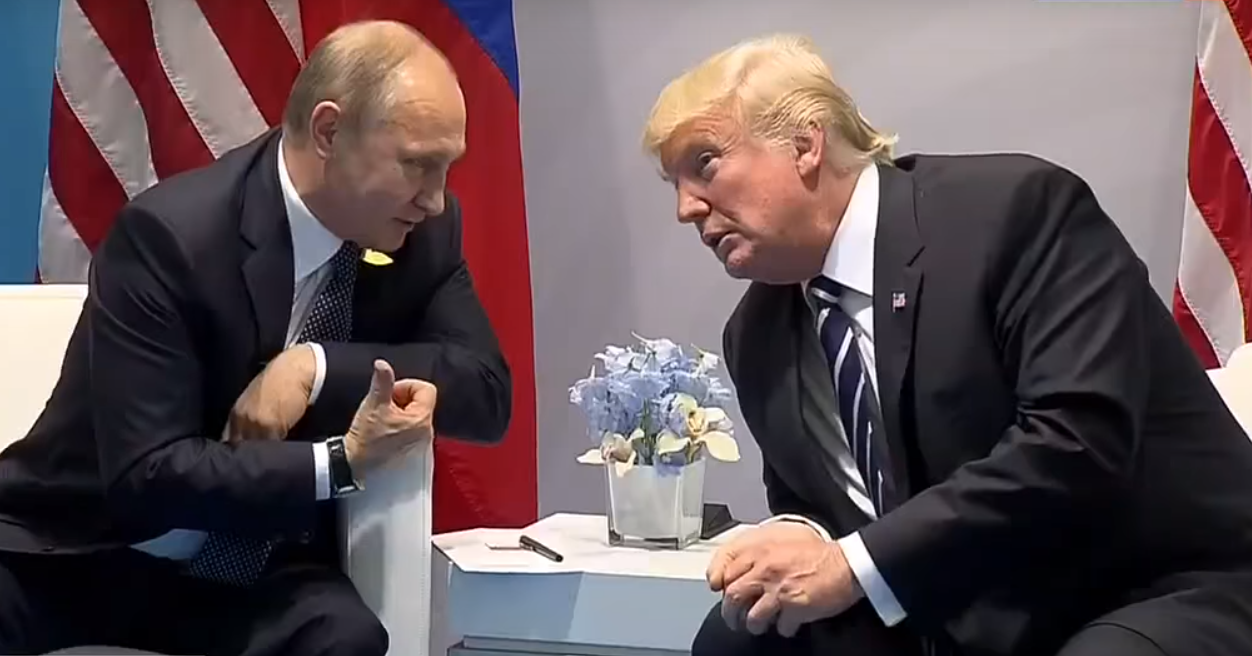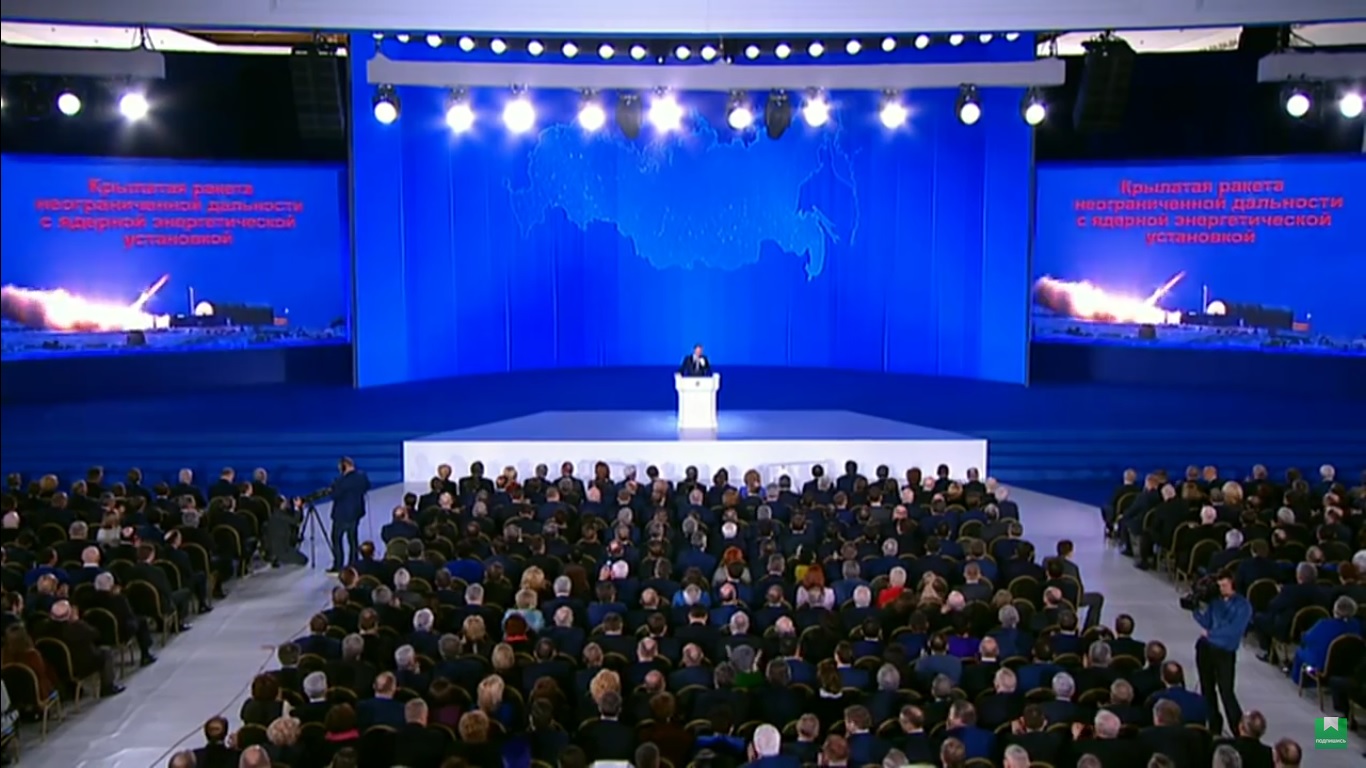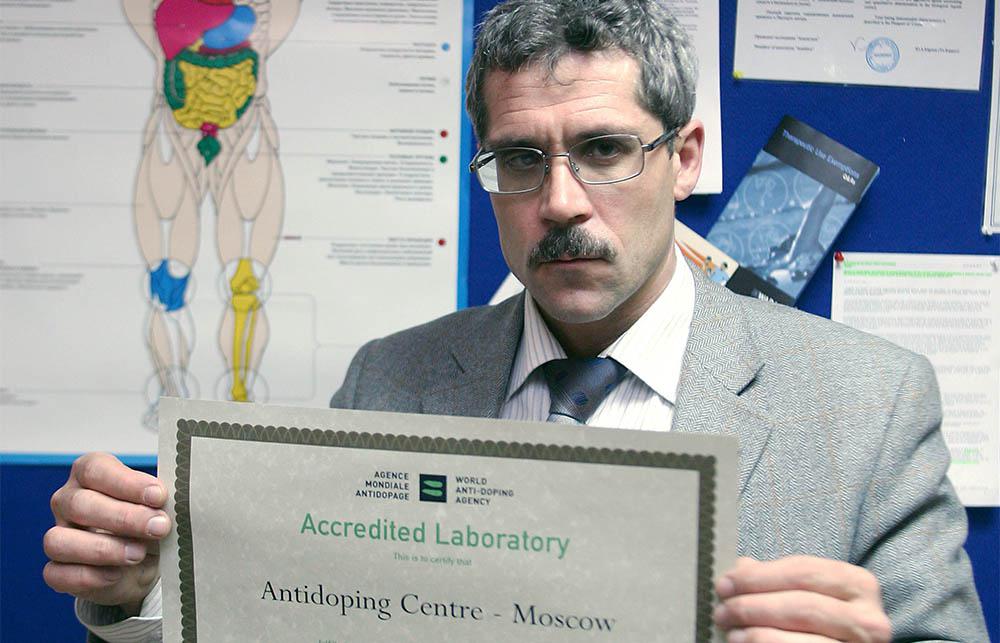Two pieces of draft legislation about religious organizations in Ukraine scheduled to be taken up by the Verkhovna Rada today will do far more to complete the divorce between Ukraine and Russia than any other step Kyiv has taken so far. And not surprisingly, Moscow and its agents in Ukraine are aghast.
The first draft law gives to parishioners the right to decide on their own whether they want to change from one jurisdiction to another and requires the registration of those believers, two steps that Yekaterinburg commentator Aleksey Shaburov says will strike at the foundations of the Moscow Patriarchate’s empire in Ukraine.
On the one hand, giving parishioners the legal right to change from one jurisdiction to another will allow Ukrainian Orthodox to decide to leave the Ukrainian Orthodox Church of the Moscow Patriarchate and join the Ukrainian Orthodox Church of the Kyiv Patriarchate, something Moscow explicitly forbids without its approval.
And on the other, the required census of parishioners will allow for the determination of just how strong each of these jurisdictions is in Ukraine. The Moscow church has more parishes and bishoprics, but the Ukrainian one has larger and more rapidly growing church organizations, something Moscow routinely denies.
The second draft law, Shaburov says, “hits the Moscow Patriarchate still more strongly.” It introduces limitations on the activities of churches whose leadership is situated “in an aggressor state.” In the current circumstances, that church is the one subordinate to the Moscow Patriarchate.
If this bill is passed, he continues, “the Ukrainian Orthodox Church of the Moscow Patriarchate will be required to get the agreement of the Ukrainian authorities for appointments to senior church positions and for invitations issued to “foreign,” again in this case, Russian, “religious officials.”
Further, and still more of a challenge to Moscow, the draft law says that if it is found that a church with headquarters abroad is cooperating with terrorists, that is, with the “LNR” and “DNR,” then, according to Saburov, “that religious organization can be banned,” at least in principle.
Such regulations will put before the Moscow Patriarchate’s church in Ukraine a stark choice: “either to live under such restrictions or to seek autocephaly, that is, complete separation” from Moscow. Neither is something that the Moscow church or the Kremlin is prepared to accept as legitimate and inevitable.
Yesterday, Patriarch Kirill appealed to foreign leaders the UN secretary general “and even the Pope” to take steps to block Ukraine from adopting these measures. Today, the Moscow media echoed his points (e.g., izvestia.ru, ng.ru, izvestia.ru and stoletie.ru).
Moscow hardly has the moral right to issue such appeals, Shaburov says. It has invaded Ukraine and no victim of aggression can be expected to tolerate the kind of actions the Moscow church on Ukrainian territory has routinely taken. And Ukraine is doing no more than Russia, a country Ukraine hasn’t invaded, has done with respect to religion.
Indeed, the commentator continues, “Ukraine has not done anything that the Russian authorities would not have done,” although Moscow will deny that and many may accept its denials as credible.
At the same time, Shaburov says, “it may seem sad that instead of becoming a European country, Ukraine is converting itself into an analogue of the Russian Federation.” But “for Russians, this represents a chance to view itself from the side: We in the eyes of the world in recent years have looked exactly as Ukraine now looks in ours.”
That could provide the Moscow Patriarchate with a valuable lesson, the commentator concludes, as could the inevitable consequences for it of becoming too closely integrated in the state machine to serve its religious purposes. Unfortunately, Shaburov says, there is no reason to expect that these lessons will be learned.
Related:
- Russification through the church
- Russian court orders demolition of Ukrainian Orthodox Church (Kyiv Patriarchate) in Moscow Oblast
- Religious persecution continues in occupied Donbas
- Statement of heads of Evangelical Protestant Churches of Ukraine on religious persecution in the Donetsk and Luhansk Oblasts
- Scholar: Russian Orthodox Church Moscow Patriarchate supports repressions, militarism
- Chaplin, ‘a Zhirinovsky from the Orthodox Church,’ says mass repressions necessary and reasonable
- Authorities ready to demolish only Ukrainian church in Russia
- How Russia used Orthodox fundamentalism to hijack the Church Council in Crete
- How the Moscow Patriarchate is creating a separatist Lavra “Republic” in Kyiv
- Pro-Russia militants in occupied east Ukraine torture Protestant pastor to convert to Russian Orthodox Church
- The Kremlin turns priests into obedient “comrades”
- The Russian Orthodox Church of the Moscow Patriarchate resembles the CPSU of Soviet times
- Moscow Patriarchate beefs up its staff for hybrid operations against Ukraine








